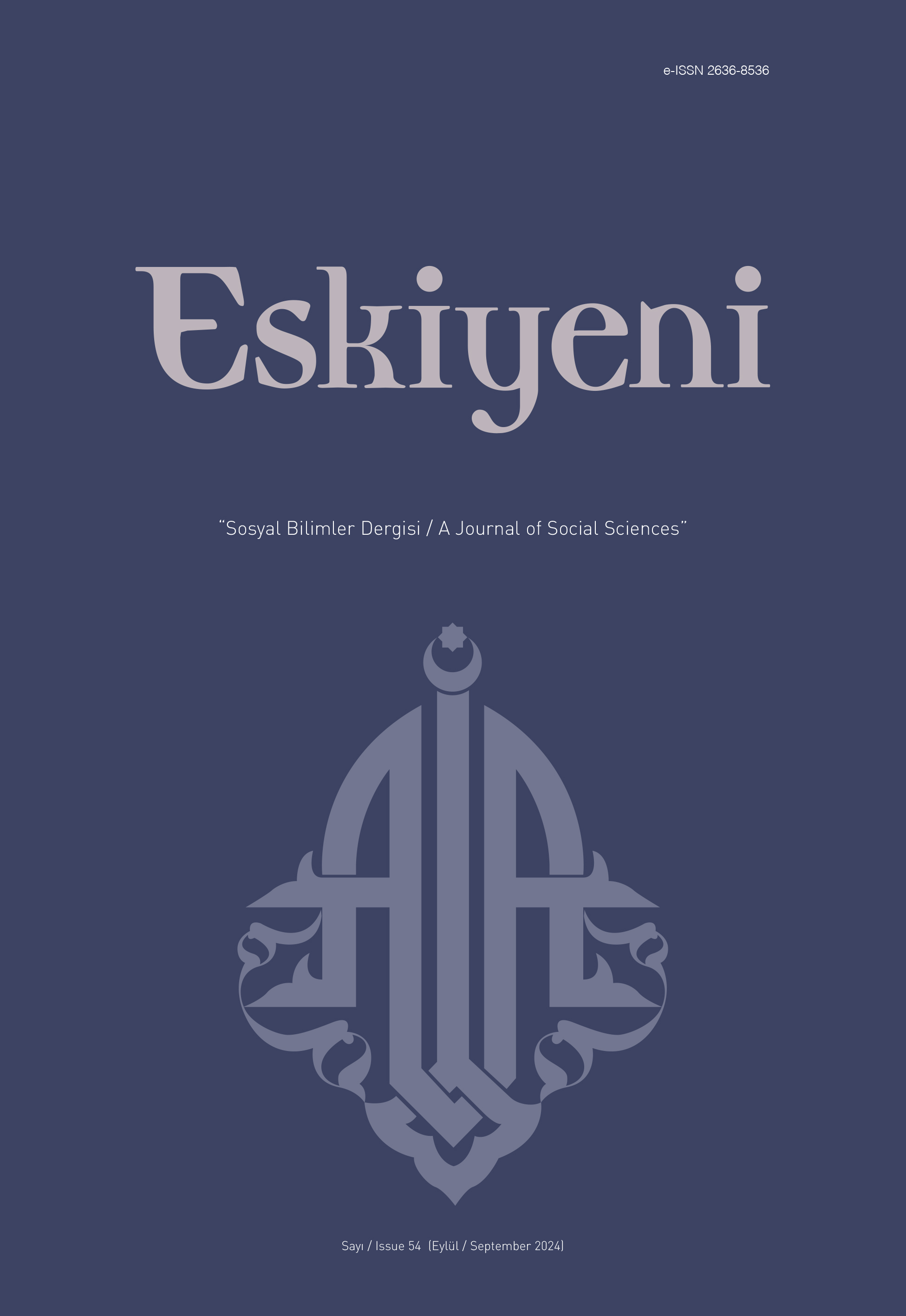Halku’l-Kur’ân Fikrinin Ebû Hanîfe’yle İrtibatlandırılması Sorunu
The Problem of Correlating the Idea of Khalk al-Qurʾān with Abū Ḥanīfa
Author(s): Hakan AtalaySubject(s): Theology and Religion, History of Islam
Published by: Anadolu İlahiyat Akademisi
Keywords: History of Islamic Sects; Kalām; Abū Ḥanīfa; Khalk al-Qurʾān; Hanafism; Ahl al-Sunnah;
Summary/Abstract: Various claims are attributed to Abū Ḥanīfa regarding the createdness of the Qurʾān (khalk al- Qurʾān). Some sources claim that he was the first person to put forward this idea, and that he was about to have this idea when he died. Some other sources, on the other hand, state that he never defended this idea and even suggested that it should not be discussed on this issue. While some works attributed to him do not contain any of his views on this subject, some other works attributed to him contain ideas that he distinguished between the meaning and pronunciation and recitation. Another striking point is that there is no reference to Abū Ḥanīfa on this subject in the Hanafī-Māturīdī works written in later periods expressing their views on this theological issue. Thus, while one group among various sectarian formations accused Abū Ḥanīfa of this view and marginalized him, other Hanafī and Sunnī groups, who evaluated him in line with Ahl al-Sunnah wa’l-Jamāah, tried to purify him from this view. In this study, we aim to analyze the views attributed to Abū Ḥanīfa on the issue of the createdness of the Qurʾān from an impartial perspective. Our research, based on the methods of the discipline of the History of Islamic Sects, is based on an approach that evaluates ideas in terms of their relationship to historical context and events, with a perspective that takes into account the development of the idea of khalq al-Qurʾān in the historical process from the time it was put proposed; it was also carried out by taking into account the socio-cultural and sectarian affiliations of the individuals.The fact that the idea of khalq al-Qurʾān was adopted by some Hanafī people during the Miḥna period must have been effective in attributing this idea to him. In this respect, it can be said that the attribution of conflicting narratives to Abū Ḥanīfa regarding this idea largely reflects a retrospective construction activity. Neither the Hanbalī circles, who accuse those who make a distinction between meaning and pronunciation of the Qurʾān by “Lafziyyah” and condemn them as “Jahmī”; nor other figures from the Aṣḥāb al-ḥadīth who adopted this distinction, such as Bukhārī and Ibn Qutayba, said anything about this distinction by Abū Ḥanīfa. This fact leads us to doubt of the claim that this distinction was made by Abū Ḥanīfa. In general, the main point that makes the contradictory claims presented in our article meaningful is that it depicts the struggle between the groups that exclude Abū Ḥanīfa within the Ahl al-Sunnah and those who defend him. On the other hand, mostly Iraqi Hanafīs, who were interested in kalām and were close to the Muʿtazilah, were influential in attributing this idea to Abū Ḥanīfa; on the other hand, the Hanafīs of Māwerāunehr, who displayed an attitude closer to the Ahl al-Hadīth, stood out with their opposition to attributing this idea to him due to their anti-Muʿtazilah attitude.
Journal: Eskiyeni
- Issue Year: 2024
- Issue No: 54
- Page Range: 1121-1146
- Page Count: 26
- Language: Turkish

